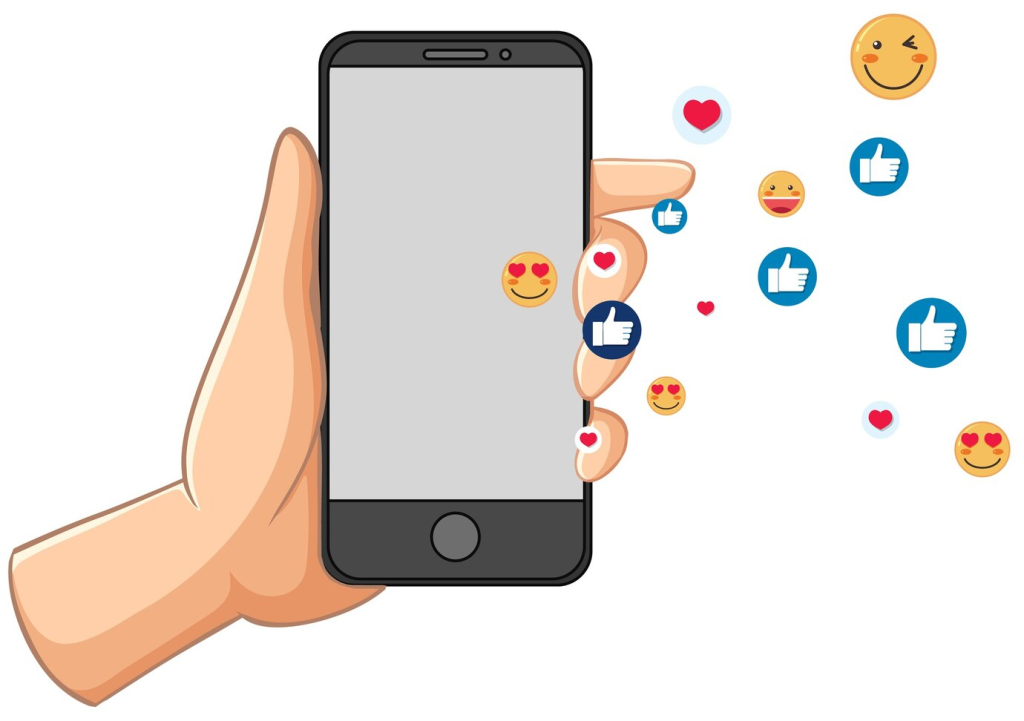Facebook, now known as Meta, is one of the largest and most influential tech platforms in the world. For over a decade, millions of people have shared their thoughts, pictures, interests, and personal details on the platform, but have you ever stopped to consider just how much Facebook knows about you? This information is not just about what you’ve posted, but also about your behavior, preferences, and interactions across the platform.

1. Personal Information: The Basics
When you sign up for Facebook, you provide basic information such as your name, birth date, and gender. This is the obvious data that Facebook collects. However, this is just the tip of the iceberg.
Facebook also tracks and gathers more detailed data, such as:
- Location: Every time you check into a place or share your location, Facebook records it.
- Your Contacts: If you’ve uploaded your contact list, Facebook can see who your friends are and even match them to other people on the platform.
- Relationships and Family: Facebook knows about your family, romantic relationships, and social circle, based on the information you add to your profile and your interactions with people on the platform.
This seemingly innocuous personal data is used by Facebook for advertising purposes, helping companies target their ads more effectively.
2. Your Online Behavior: Likes, Comments, and Shares
Beyond the data you explicitly provide, Facebook collects a wealth of information from your activity on the platform. This includes:
- Likes: Every time you like a post, Facebook records the action. These likes are a signal to Facebook about your preferences and interests.
- Comments: Your comments on posts or videos reveal your thoughts, opinions, and emotional responses.
- Shares: By sharing content, you help Facebook understand what matters to you, whether it’s news, entertainment, or political views.
- Time Spent: Facebook tracks how much time you spend on various posts, pages, and ads. If you linger on a certain type of content, it knows to show you more of the same.
This information feeds Facebook’s algorithms, shaping what content appears in your feed. The platform uses this data to personalize your experience but also to ensure that you stay engaged with the platform as long as possible.
3. Your Facebook Activity Outside the App
Facebook doesn’t just know what you do within its app. Through its tracking mechanisms, the company can also see what you do outside of Facebook. This includes:
- Third-party Websites: If a website has the Facebook “Like” button or Facebook’s tracking pixels, the company can follow your activity on that site.
- App Activity: Many apps use Facebook’s login feature, which can share data about your use of those apps. Even if you don’t use Facebook on the app, Facebook can still track your activity through this integration.
- Purchasing Behavior: Facebook partners with advertisers and companies to track the purchases you make online. The platform also gathers data about your shopping habits, including the products you look at, the things you add to your cart, and what you buy.
This cross-platform tracking allows Facebook to build a more complete picture of who you are as a consumer and individual. Advertisers use this data to send you highly targeted ads, creating a highly personalized advertising experience.
4. Facebook’s Facial Recognition Technology
Facebook’s facial recognition system is one of the most advanced in the world. When you upload photos to Facebook, the system automatically scans and identifies faces. If you’ve tagged people in pictures or let Facebook tag you automatically, this data is used to help improve its technology.
Though Facebook has faced criticism over privacy concerns related to facial recognition, the company has used this information to:
- Suggest tags: Facebook uses its facial recognition system to suggest people in photos.
- Track your activity across the platform: Even if you don’t tag yourself, Facebook knows when and where you appear in other people’s photos.
This technology raises significant privacy concerns, as it essentially allows Facebook to track you across the platform, even without you directly interacting with its content.
5. Data Used for Advertising
One of the primary reasons Facebook collects so much data is for advertising purposes. The platform’s advertising model allows companies to target you based on highly specific criteria. Facebook’s massive data collection enables advertisers to segment users by:
- Demographics: Age, gender, location, education, etc.
- Interests: Based on what you like, comment on, or share, Facebook builds a profile of your interests.
- Behaviors: Your purchasing habits, app usage, and browsing behavior help advertisers target you with relevant products or services.
- Custom Audiences: Advertisers can upload customer lists to Facebook, which can then match users based on their information.
While this level of personalization can result in more relevant ads for you, it also means Facebook holds vast amounts of personal information that could be used in ways that many users are unaware of or uncomfortable with.
6. Why Does This Matter?
Understanding the depth of the data Facebook collects about you is crucial for several reasons:
- Privacy: With the amount of data Facebook has on its users, it is vital to be aware of the privacy risks involved. The more data Facebook collects, the greater the risk of that data being accessed by unauthorized parties or misused.
- Influence: Facebook’s algorithms are designed to keep you engaged, but they also influence what you see—shaping your opinions, attitudes, and even your behavior.
- Targeted Ads: While targeted ads can be helpful, they can also be intrusive, and Facebook’s tracking can feel like an invasion of privacy. Understanding the nature of these ads can help you make more informed decisions about how you interact with content on the platform.
7. What Can You Do About It?
If you’re concerned about Facebook’s data collection, there are steps you can take to protect your privacy:
- Review Your Privacy Settings: Facebook allows you to control who sees your posts, who can contact you, and even which data Facebook can access.
- Limit Third-Party Apps: Be mindful of which apps you connect to your Facebook account, and disconnect any apps that you no longer use.
- Be Cautious About What You Share: Think before you post or share personal details like your location or phone number.
- Use Ad Preferences: Facebook allows you to control the ads you see. You can review and adjust your ad preferences in your settings.
Final Thoughts
Facebook knows a lot about you—sometimes more than you may realize. From basic information to your online behaviors, this data is used to personalize your experience and target you with ads. While there are benefits to a more personalized experience, it’s essential to understand the scope of this data collection and take steps to protect your privacy. By being aware of what Facebook knows about you, you can make more informed choices about how you engage with the platform.
References:
- Pew Research Center – The State of Privacy in America
https://www.pewresearch.org/fact-tank/2020/11/12/the-state-of-privacy-in-america - The Guardian – Facebook’s Data Privacy Scandals Explained
https://www.theguardian.com/technology/2021/aug/24/facebook-privacy-scandals-explained - The New York Times – How Facebook Tracks You
https://www.nytimes.com/2018/04/11/technology/facebook-privacy-what-you-need-to-know.html









